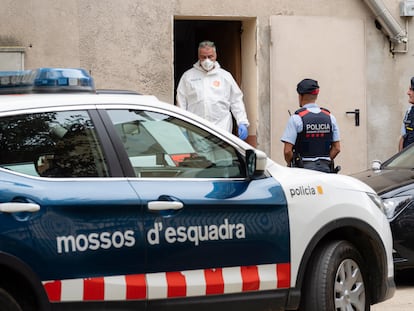
A high-profile trial has come to an end in the province of Girona, sending shockwaves throughout Catalonia. The court delivered an unprecedented verdict: a 39-year-old resident of Campdevànol will spend the rest of his life behind bars for a particularly heinous crime against his young partner. This marks the first time in the region’s history that the strictest penalty—life imprisonment with the possibility of review—has been handed down.
The tragedy unfolded in September 2022. For several days, the man subjected his 21-year-old companion to agonizing torture that ultimately led to her death. Investigators determined that the perpetrator acted with exceptional cruelty and cold-bloodedness, using not only physical force but also dangerous objects. The court found him guilty on multiple counts: aggravated murder, sexual violence, and systematic abuse.
The prosecution demanded the maximum sentence, and the court fully supported this request. In addition to life imprisonment, the convicted man received an extra 17 years in prison for violent offenses. The defense tried to lessen the sentence, citing mental health issues and drug addiction, but the court found no grounds to reduce his term.
The victim’s family will receive compensation
Civil liability also played a key role in the verdict. The victim’s parents will each receive €200,000, her sister the same amount, and her aunt €20,000. Furthermore, the convicted man is forbidden from approaching the victim’s family members within 500 meters for ten years after his release, and will be under supervision for five years.
A Turning Point for Girona’s Judicial Practice
This verdict has become a landmark for the entire region’s judicial system. Life imprisonment with the possibility of review is applied only in cases of particularly serious crimes involving extreme brutality and a threat to society. Now, this case will go down in history as an example of the harshest penalty under Spanish law.
The court’s decision emphasizes that such crimes will not go unpunished, and that victims and their families can expect justice and protection.












